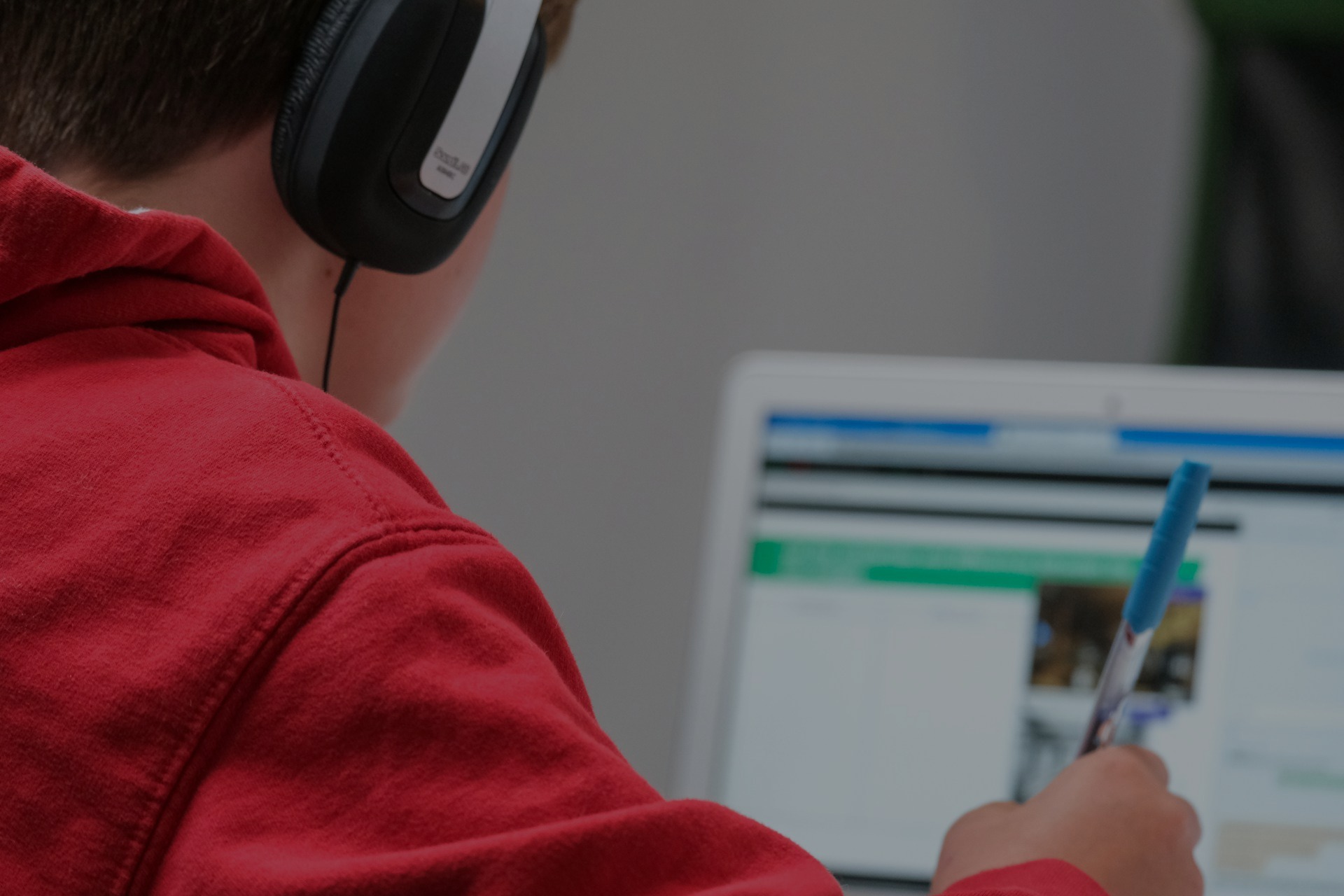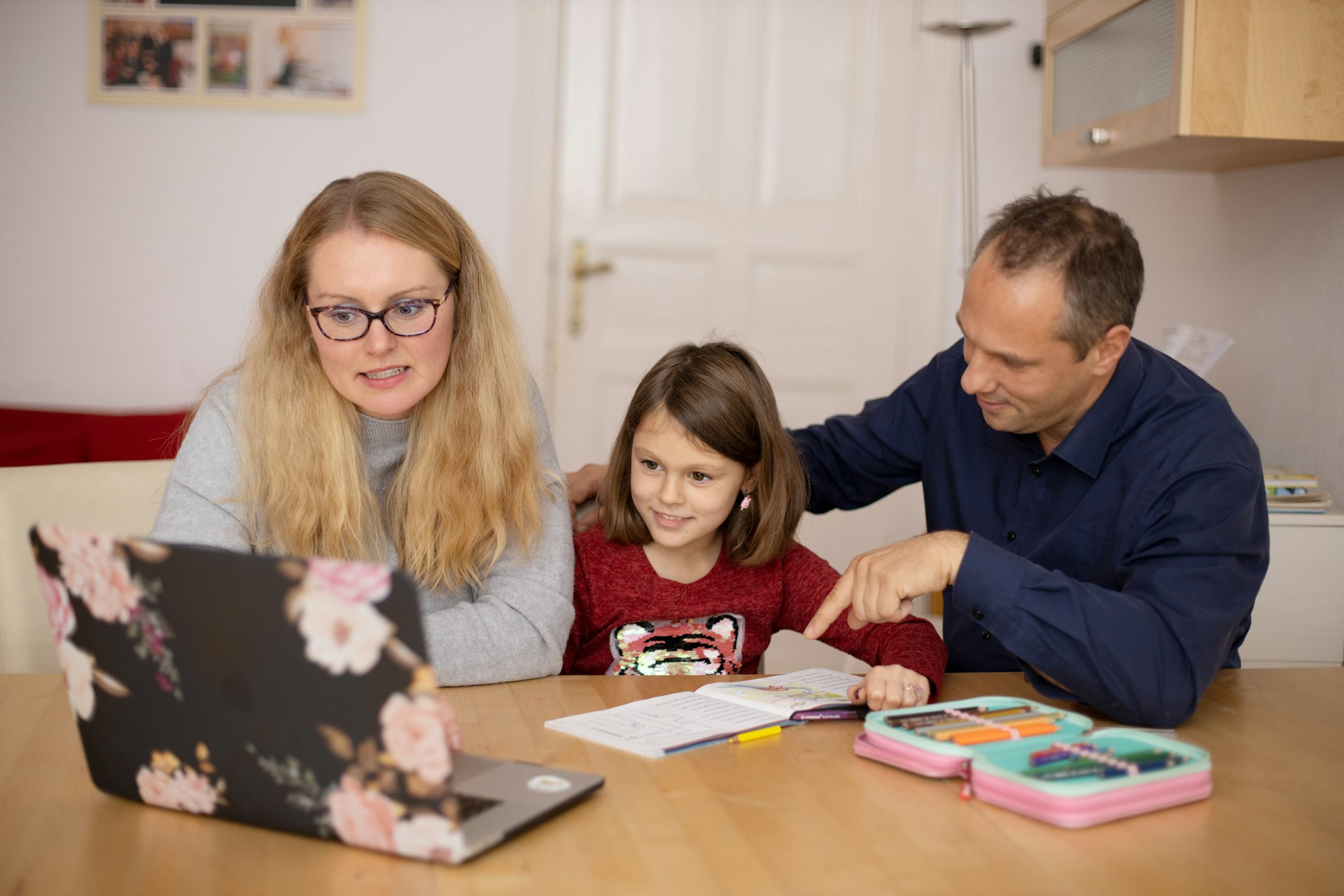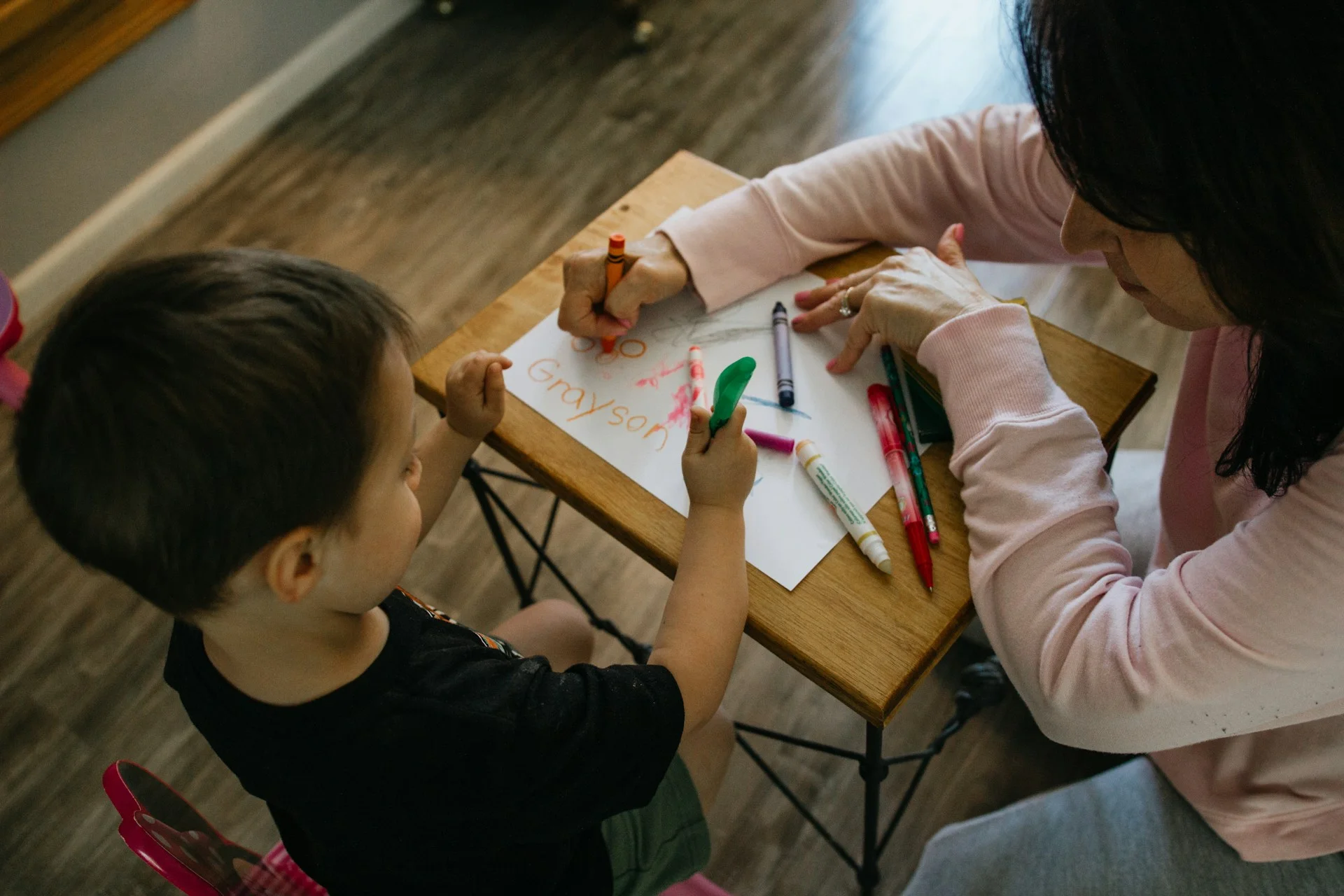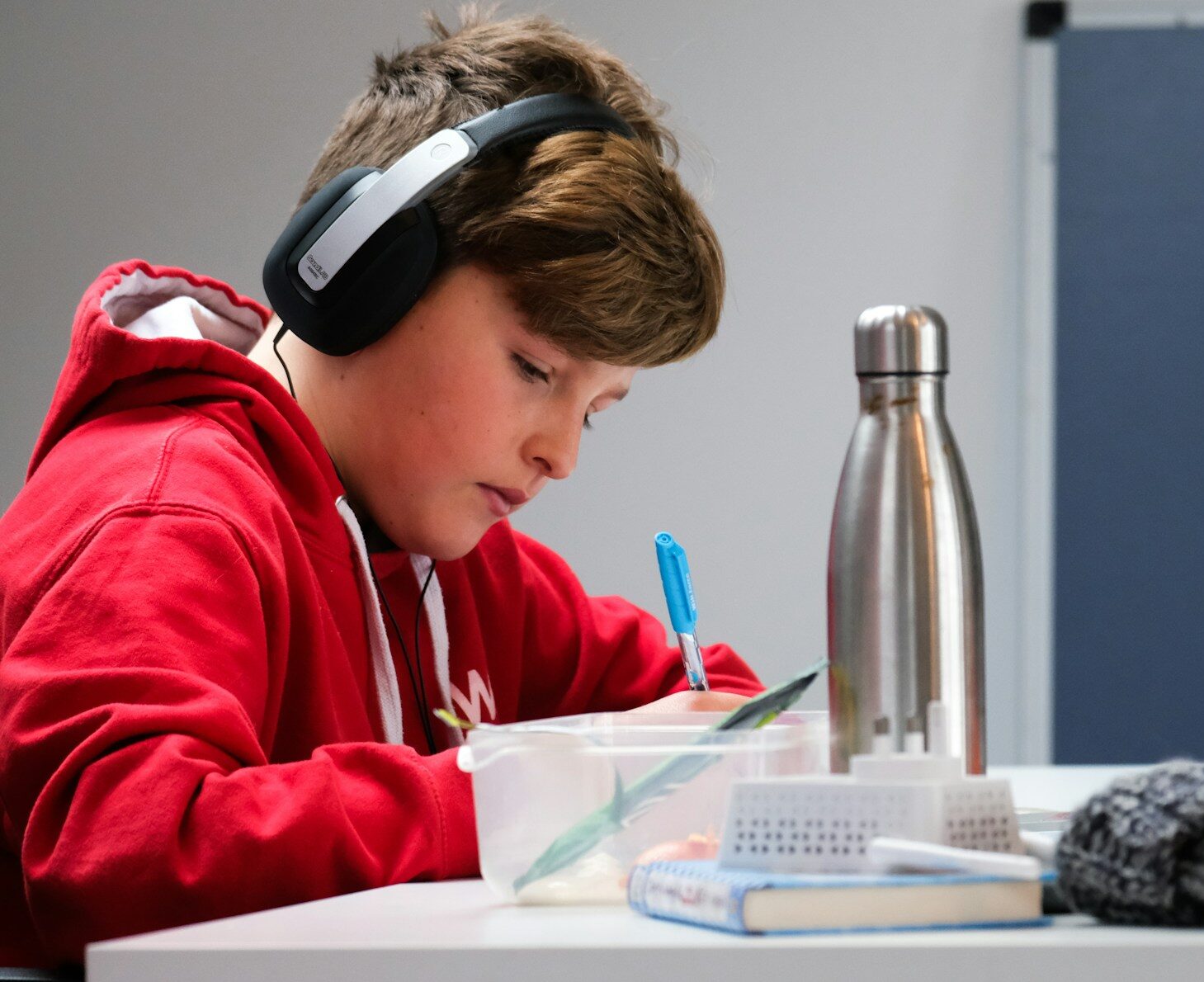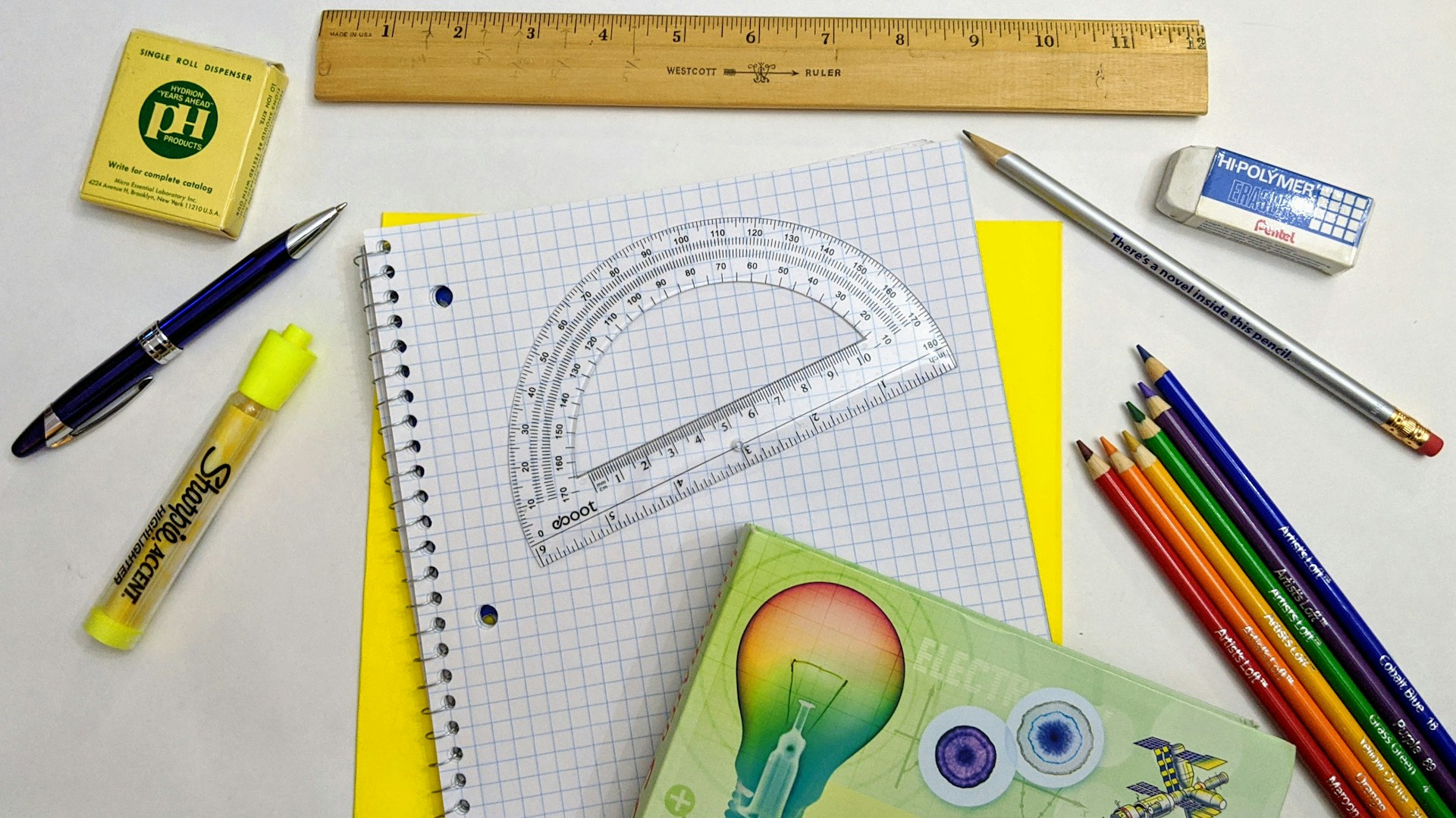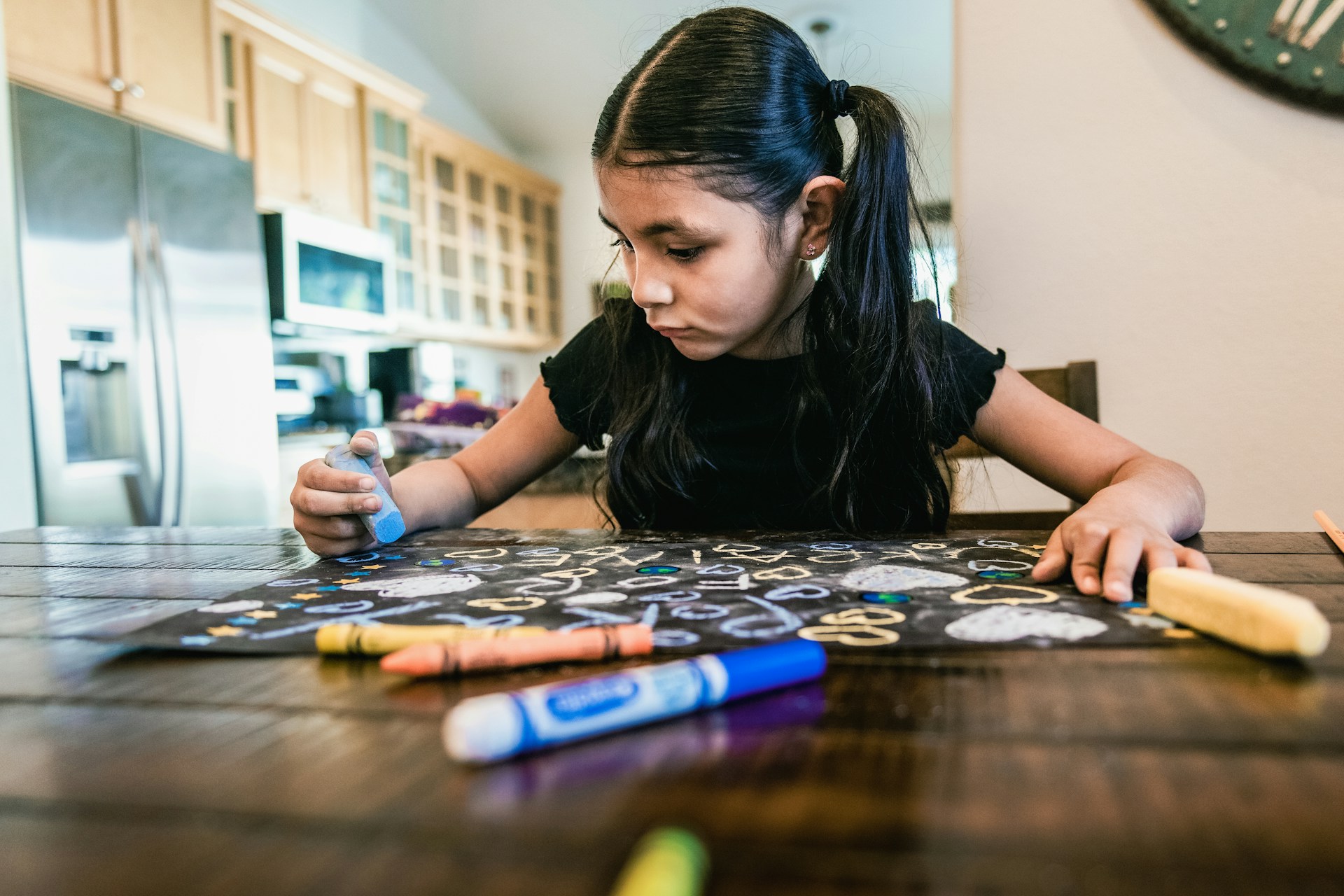At Cabot Learning Federation (CLF), we believe that collaboration is the key to unlocking the full potential of students at every stage of their educational journey.
Whether you are a parent of a primary school child (ages 5 to 11) or a secondary school student (ages 11 to 16), your role in supporting their learning at home is vital.
Here are some customised tips, recognising the distinct needs of both age groups, aligning with CLF’s vision of collaborative learning.

